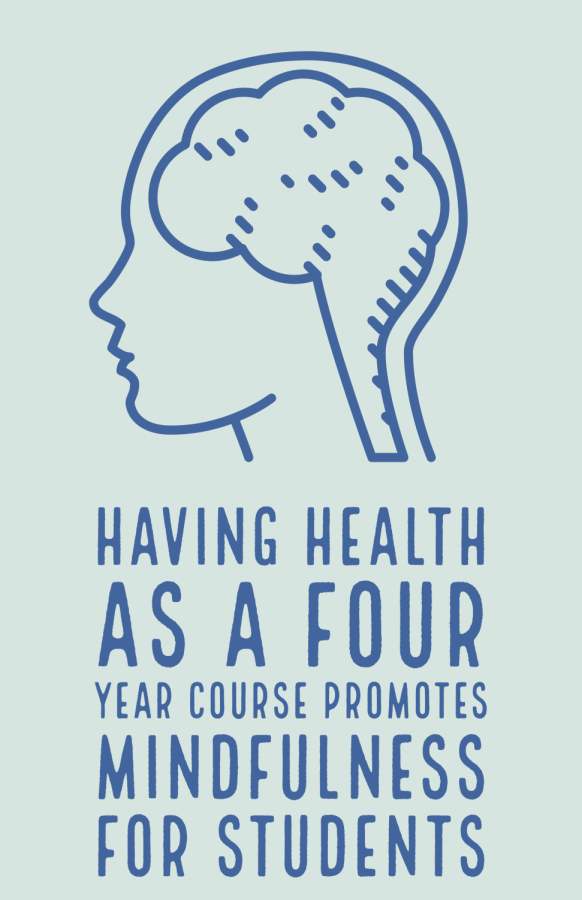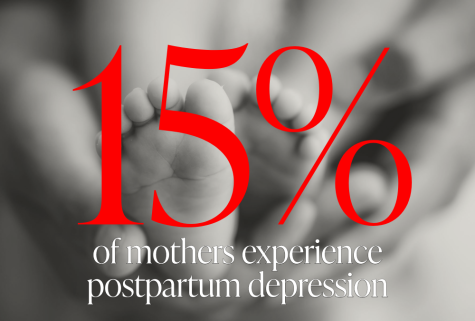Health Education Is Necessary at a High School Level
As of 2017, Walpole Public Schools enforced a four-year physical education class requirement for one semester each year in order to graduate from high school. In the 2016-2017 Walpole High School Program of Studies, physical education and health have the same definition, claiming that these courses produce “healthier, self-confident, more relaxed individuals who are educated in enjoyable and affordable ways to initiate and maintain a healthy lifestyle”. Physical education class at WHS entails the practice of various sport units graded on skill and effort, but health class provides the educational aspect that includes documenting different units such as drug and alcohol abuse, sexuality and mental health to mention a few. There is a tangible disconnect between physical education and health courses as they are listed to achieve the same goals, yet health is only required for one quarter of the time physical education is. Considering the fact that health manages to cover a broader range of topics in the same amount of time as physical education during a single school year, it is a valid suggestion to promote health education to a four year course.
As high school students, mental health education is easily one of the most applicable topics in health as teen-angst impacts our everyday lives. Homework, after-school sports and jobs, social conflicts and acceptance prompt a similar anxiety amongst teenagers, but many teenagers are either too scared to ask for help, or are unsure of who and how to ask. The guidance office is an outlet that the school provides for student support, but teen anxiety can spread beyond the school day, leaving students with lingering stress that never seems to dissipate. Health class, however, not only promotes awareness about mental health, but provides doable techniques on how to deal with these stresses. At most, one month is allotted for this unit. Being that there is copious knowledge to be spread about mental health, the opportunity to have four years to learn this information could have tremendous benefits to teenagers’ mental health.
In simplest terms, health is always changing. Doctors discover new things about the body and environment every single day. In recent years, much of science has dedicated much of its research to the changing impacts of drugs and alcohol—a concept that teenagers tend to be ignorant of. Studying the negative effects of drugs can be the difference between living until 30 and 100 years old, but like mental health, the variety of drug and alcohol abuse cannot be implemented into a semester-long course. By the same token, those who take health in one semester will not be educated on new developments learned in the following months. Therefore, it is crucial to the physical well-being that health be made into a four year class.
Health class is classified as a “requirement” as Walpole High School. However, in order for the course to actually educate teenagers, these measures should have been considered when determining the time frame for health class because the ever-changing world of health requires constant education.

Kristyn Dentremont, Class of 2023, is co-Editor-in-Chief of The Searchlight. At Walpole High School, Kristyn is a captain of the girls' cross country...

















